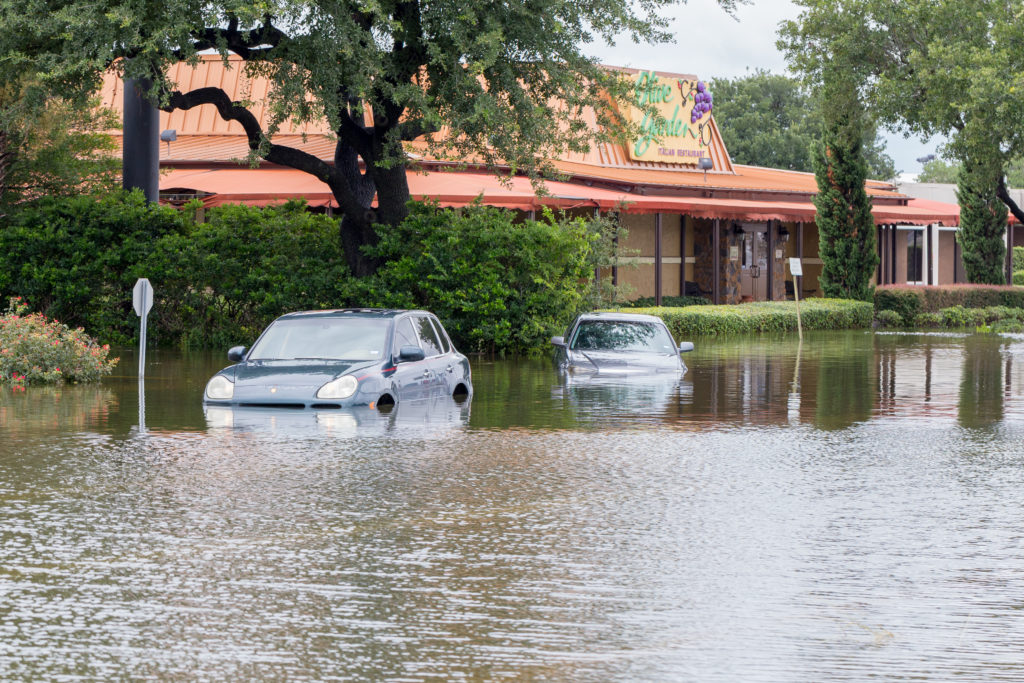With a one-two punch Hurricane Harvey left much of Huston under water and, at the time of this writing, Irma has devastated much of the south and continues to churn its way through Florida up into the southeastern states. Flooding from these storms have damaged hundreds of thousands of homes and shut down many businesses. Manufacturing facilities are certainly not spared as well with damage to facilities costing many millions of dollars. Once the flood waters recede, everything is cleaned up and dry and power is restored often folks will think everything is now back to normal. They will return to business as usual. But not all flood damage to electrical devices will be seen right away and if not addressed, can lead to a critical failure resulting in even more hardship down the line.
Inspect, inspect and inspect again
Effects of corrosion on electrical equipment is not always apparent immediately after the flood. One thing that water brings in is contaminants. Storm water will bring in salts, chlorides, metals and bacteria that will, with the presence of oxygen, rapidly accelerate any corrosion that may be occurring. Therefor it is important to not only to make sure your electronics are clean after the flood but to also set up an inspection schedule for weeks and even months afterward to check for any corroded materials. This will hopefully let your maintenance crew catch an address any point of failure caused by water damaged devices.
Think about air flow
When looking for water damaged devices you not only want to understand where all water was present, but also where air is flowing. Most motor and automation control cabinets have fans located at the bottom of the cabinet with air flowing up through the top. It is important that these areas are given special considerations when considering inspection and possible repair or preventative maintenance. Most of the flood water will be at the ground level and at this water evaporates some of it will be pulled through and condensate inside these airgaps. Knowing how air can flow through the equipment can allow you to locate areas where hidden water has collected as well. This is important as water can linger in these areas for up to weeks after a flood.
Pay special attention to electrical connections
One of the first things you want your maintenance crew to inspect after a flooding event is electrical connections. Apply a cleaner specifically designed for electrical contacts on all terminal connections. After shutting of power and locking out the equipment, make sure you expose any electrical to air so that it can dry. It is especially important to examine input and output connections on any piece of equipment as these points are often the exposed entry and exit points for water intrude and to collect.
Schedule downtime to have priority equipment maintenance
After all inspections are made and devices with potential water damage have been identified it is important to set up a schedule to have the problems addressed. While the equipment may be functional for now, if it has been effected by water contamination this will not last long, and a potentially catastrophic failure could be just around the corner.
These steps can be taken to insure that your facility has the best possible recovery from the devastation that has been this hurricane season. But if you need us, Global Electronics Services has trained technicians who are experts at dealing with water effected equipment. So please, give us a call.
Be sure to visit us online at www.gesrepair.com or call us at 1-877-249-1701 to learn more about our services. We’re proud to offer Surplus, Complete Repair and Maintenance on all types of Industrial Electronics, Servo Motors, AC and DC Motors, Hydraulics and Pneumatics. Please subscribe to our YouTube page and Like Us on Facebook! Thank you!
